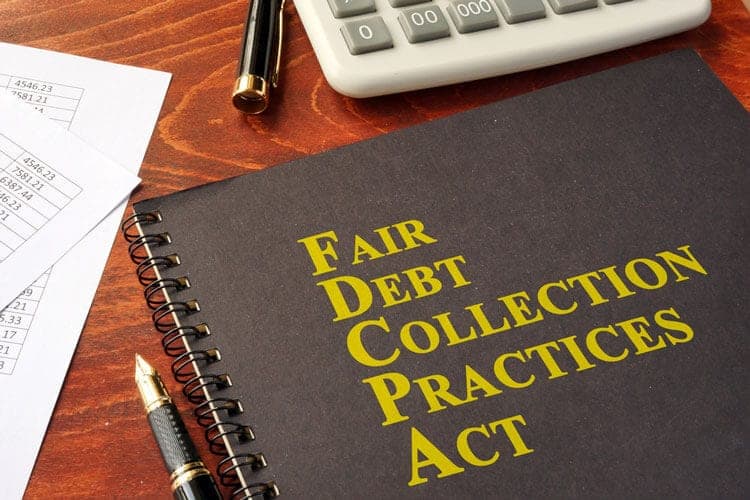If you default on any type of personal debt, the original creditor has the option of hiring a collection agency or selling your debt to a third party. If you have been contacted by a collection agency or a third-party collector to collect a debt, it is critical that you understand your rights under the country’s Fair Debt Collection Practices Act (FDCPA).
What is the Fair Debt Collection Practices Act (FDCPA)?
The Fair Debt Collecting Tactics Act, first adopted by the 95th United States Congress in 1977, is a federal legislation that regulates debt collection practices. Its goal is to protect borrowers’ interests against unfair and misleading tactics. Credit cards, lines of credit, personal loans, mortgages, and most other sorts of debts obtained for personal purposes are among the debts covered by the FDCPA.
Debt collectors are debt purchasers, collection agencies, and attorneys whose major business is debt collection, as defined by the FDCPA. The FDCPA does not cover debt collection by original creditors in most cases.
The Bureau of Consumer Financial Protection issued a final ruling in October 2020, reinstating and clarifying previously established limitations. It further stated that the act covers modern communication methods like text messages, social media messages, and emails.
How Does the Fair Debt Collection Practices Act (FDCPA) Protect Borrowers?
The Fair Debt Collection Methods Act (FDCPA) was enacted with the goal of promoting fair debt collection and eradicating abusive practices. It also provides borrowers with a quicker way to challenge bills and receive debt validation.
Other FDCPA provisions that affect borrowers are listed below.
Defending Against Abusive Practices
Collectors are not allowed to employ aggressive tactics or harass you when seeking to collect on unpaid debts, according to the FDCPA. The statute states that collectors must:
- It is forbidden to use harsh language.
- You can’t be threatened, and you can’t be harmed.
- I am unable to contact you on a regular basis.
- You are unable to make your debt public information.
- They must declare themselves to be collectors.
If you believe a debt collector is being unduly aggressive, you may be the victim of a debt collection fraud.
It’s in your hands to communicate.
You have the right under the FDCPA to urge a collector to cease calling you. You must, however, do so in writing. You will be able to control how collectors engage with you using modern communication techniques such as emails, text messages, and social media messages after the amended 2020 FDCPA ruling takes effect later this year.
The FDCPA, in its current version, states that:
- Only from 8 am to 9 pm can collectors get in touch with you.
- Only if you don’t object might they get in touch with you at the office.
- They must speak to your lawyer, if you want to hire one.
Remember that you are still responsible for paying the bill even if a collector stops contacting you.
Gets Information
The FDCPA forbids debt collectors from attempting to collect debts by providing inaccurate, misleading, or misleading information. Although the statute forbids collectors from lying, they could decide not to provide you with the details you require. For instance, you might need to speak with a lawyer if you’re unsure whether the statute of limitations has passed on a certain debt. A debt collector is required to confirm your debt in writing upon request. When warning you about any potential legal ramifications, debt collectors must also be truthful.
Conclusion
You have two main choices if you believe a debt collector has violated your rights. One option is to contact the Consumer Financial Protection Bureau and lodge a complaint. The alternative is to file a lawsuit against the collection agency by hiring a lawyer with experience in debt collecting. Keeping track of any correspondence you had with the agency in each situation will support your claims.

